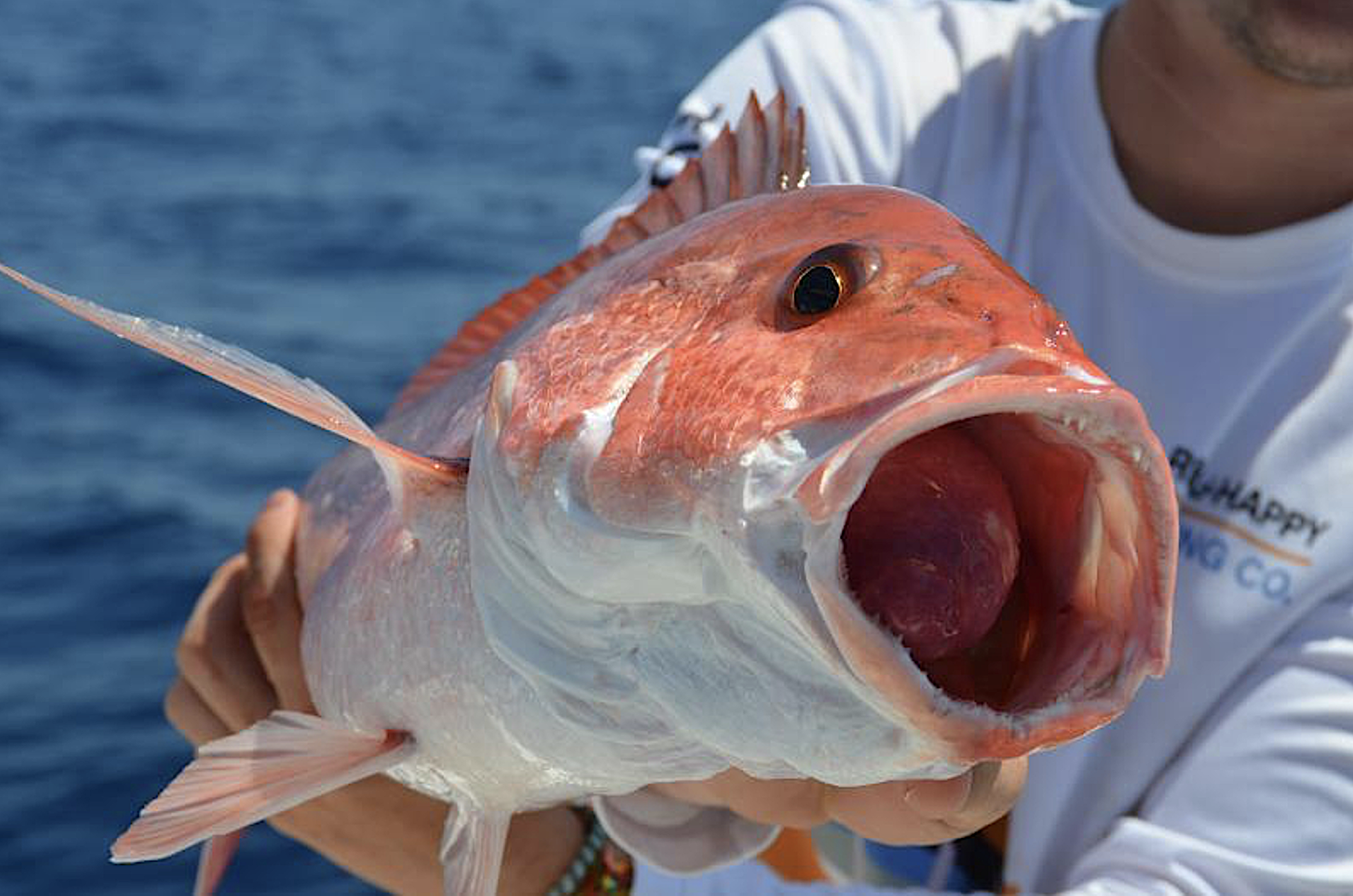How Would a Nuclear War Affect Our Climate and Oceans?
Scientists ran simulations on a variety of nuclear scenarios — and some of the potential impacts would last thousands of years.
Many nations with nuclear weapons have embarked on plans to modernize or expand their nuclear arsenals. The presence of over 13,000 such weapons creates a risk that unstable leaders, hackers, or computer failure will launch them intentionally or unintentionally.
In the event of nuclear war, urban firestorms — which create and sustain their own wind systems — would loft soot into the upper troposphere and lower stratosphere. The resulting reduction of sunlight would lead to global cooling that would trigger changes in the ocean. Impacts of the nuclear cooling event could affect marine life and include expansion of sea ice into populated coastal areas.
What other changes within the ocean ecosystem could global cooling events potentially cause?
Modelling Catastrophe
A team of scientists — from Louisiana State University, the Australian Antarctic Partnership Program, National Center for Atmospheric Research, University of Wisconsin–Madison, and other universities and organizations around the globe — compared the impacts of nuclear wars. To understand the long-lasting effects on the ocean environment, the team simulated climate impacts of a large U.S.–Russia nuclear war and a smaller scale India–Pakistan regional war.
The research team determined that both initial impacts and long-term changes would impact ocean ecosystems and fisheries globally.
In the largest U.S.–Russia nuclear war scenario, recovery of ocean temperatures would take decades at the surface and hundreds of years at greater depths. After 30-years, the deep ocean would still be cooling. In addition, changes to Arctic sea-ice likely would last thousands of years in a “Nuclear Little Ice Age.”
the full study
“A New Ocean State After Nuclear War”
go.ncsu.edu/nuclear-war
This story originally appeared in the award-winning Hook, Line & Science series.
Lauren D. Pharr, a Ph.D. candidate at NC State University, is an award-winning science communicator. She is a former contributing editor for Coastwatch and former Global Change Fellow with the Southeast Climate Adaptation Science Center, as well as the co-founder of Field Inclusive, a nonprofit designed to amplify and support marginalized and historically excluded biologists and researchers.


